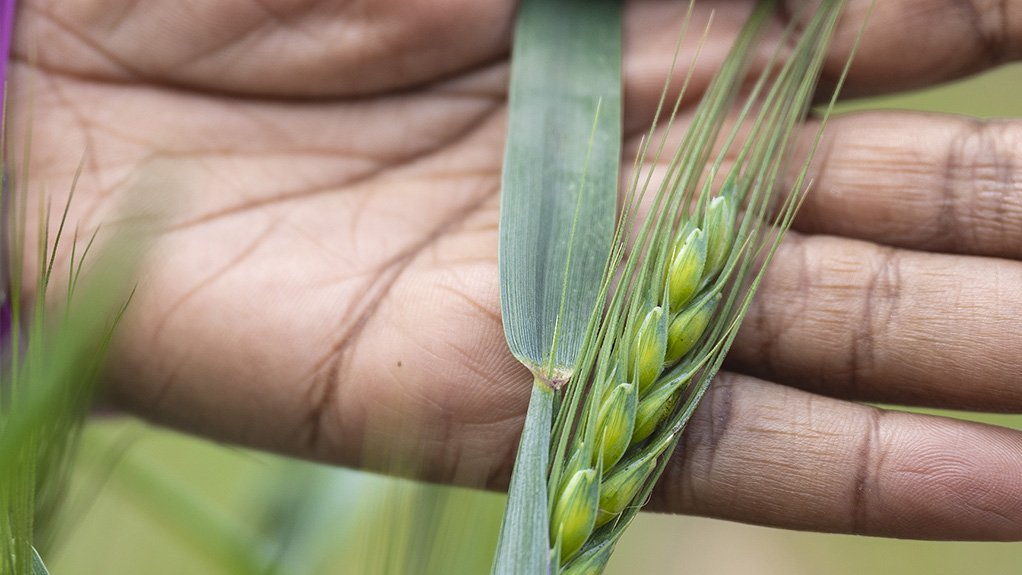Industry body Grain SA says it eagerly anticipates depoliticised government service delivery following the election of new political leaders and Cabinet members.
Grain SA expects the Government of National Unity, with its focus on inclusivity through economic growth, will support the different departments to achieve goals as captured within various well-developed plans.
The organisation says it stands ready to support the new Ministers of Agriculture and Land Reform and Rural Development in this regard, particularly since the agricultural sector has substantial capacity to sustain and create jobs in rural areas.
Grain SA wishes to see more focus on the commercialisation of farmers and the fostering of an export-led agricultural sector, stating that agriculture already contributes to social wellbeing and economic growth, but can accelerate more growth with the right support.
“Public-private partnerships in the South African agriculture sector can play a pivotal role in driving growth, enhancing productivity and fostering sustainability. By combining and optimising resources, the partnerships can improve service delivery, and aid in developing necessary infrastructure such as irrigation systems, storage facilities and transport networks,” Grain SA emphasises.
The organisation also advocates for the adoption of modern technologies that can help revolutionise farming practices, with effective partnerships stimulating and promoting the use of technology in agriculture.
In this regard, combining the resources of various partners can improve training and skills development initiatives and make producers more competitive, Grain SA says.
“Working together can help South Africa to gain better access to grain and oilseed markets, both local and international, ensuring fair prices and wider distribution of produce,” it states.
In light of the new leadership appointments, Grain SA explains that the implementation of comprehensive crop insurance schemes is essential, given the inherent risks in agriculture and with increasing climate change impacts in the country.
“Activating rural economies requires a comprehensive approach that includes prioritising infrastructure, often overlooked on the national agenda and promoting local and rural manufacturing.
“Supporting rural communities through training and creating business opportunities linked to urban markets is essential. To counteract or slow down strong urbanisation, we must create local opportunities, establish infrastructure connections to urban markets, and ensure safety and security,” the organisation explains.
The organisation concludes that the future of South African agriculture depends on collective efforts to nurture and sustain this vital sector.
EMAIL THIS ARTICLE SAVE THIS ARTICLE ARTICLE ENQUIRY
To subscribe email subscriptions@creamermedia.co.za or click here
To advertise email advertising@creamermedia.co.za or click here











